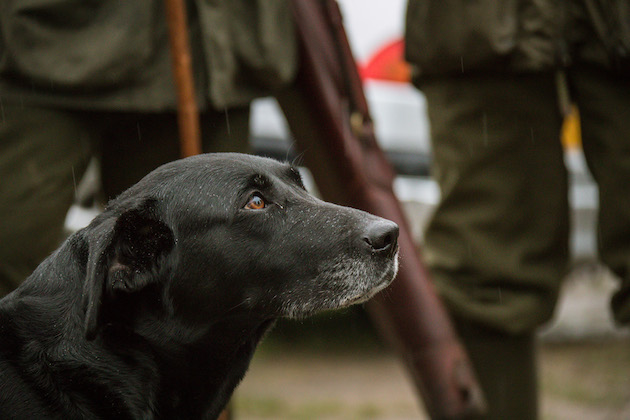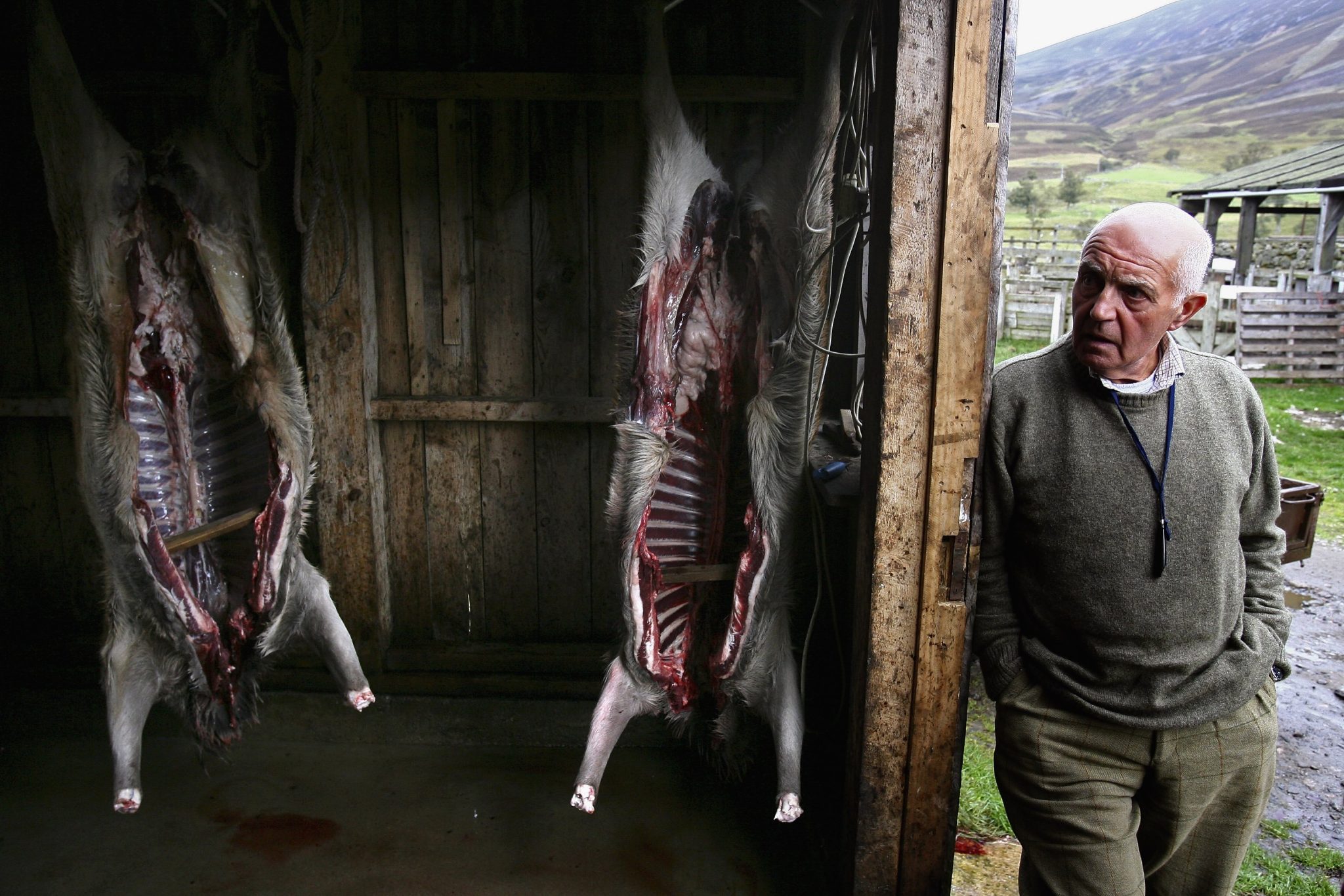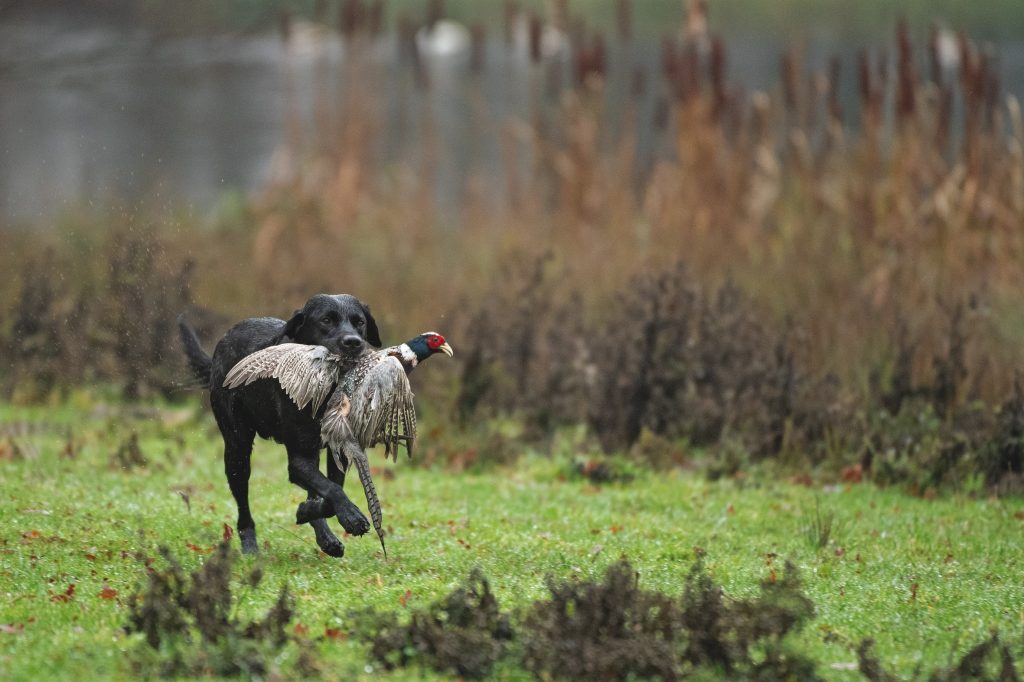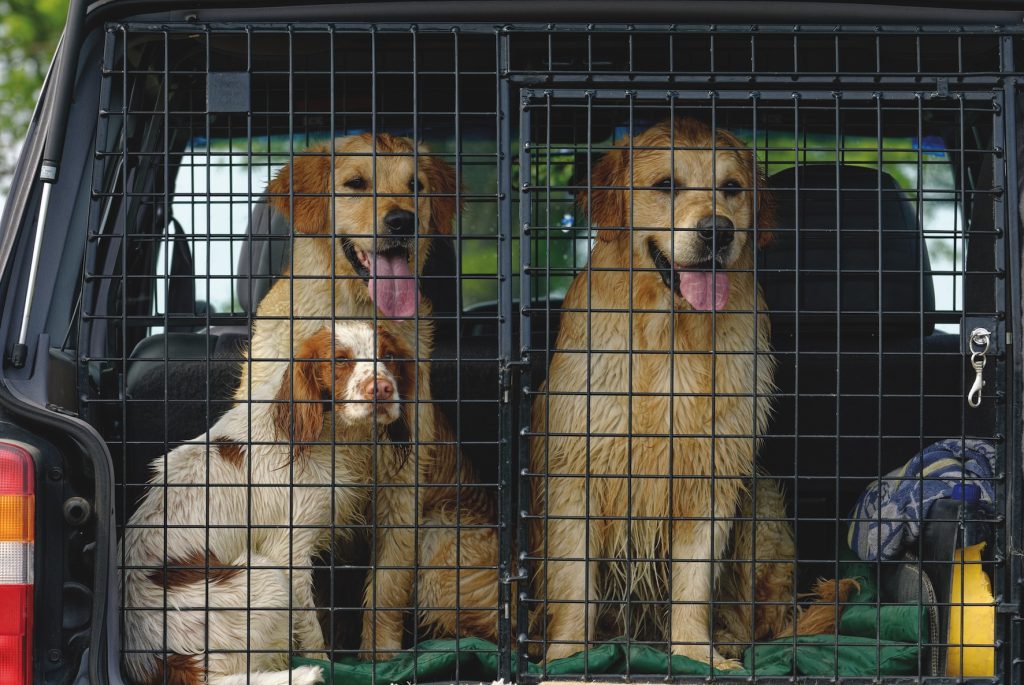★ Win a Schöffel Country shooting coat for everyone in your syndicate worth up to £6,000! Enter here ★
Lung cancer in dogs: is this a sign?
 Old labrador
Usd SG Aug 21 Q&A
Old labrador
Usd SG Aug 21 Q&A
Q: My old dog has started to wheeze. Could this be the first sign of a cancer or is noisy breathing simply a sign of old age? (Read why working dogs retire and when it’s likely to happen.)
A: While I would never discount the possibility of cancer, especially in an older dog, it may not be the cause. Lung cancer in dogs is usually associated with cancer elsewhere in the body spreading to the lungs. Your dog would be showing signs of cancer elsewhere — such as losing condition — before any respiratory signs. Tumours replace and displace healthy tissue, so a dog with lung cancer will experience some breathing difficulties. Often the first sign is a cough and/or a dog needing to take a greater number of shallower breaths to compensate for the space taken up by the tumour(s). Sometimes, of course the dog simply presents as ‘breathless’ whenever it has to exert itself. (Read 14 checks for your dog’s health.)
Airway disease symptoms in dogs
The sound produced when a dog wheezes is the noise created as air passes through a constricted opening and/or a rough surface, so it is typically a sign of ‘airway disease’. The airways affected are usually the small tubes within the lungs called the bronchi and bronchioles (depending on their relative diameter). (Read can dogs get colds?
These may become easily damaged and bronchitis results following some form of respiratory disease; parasitic (lungworm), viral or bacterial infection. Persistent coughing can result in respiratory overexertion and physical damage to these airways, and dogs that are prone to frequent persistent barking can also go on to develop airway disease. I suggest you let your vet examine the dog so he or she can give you a more definitive diagnosis. (Read our guide to the best gundog beds.)
Related Articles
Get the latest news delivered direct to your door
Subscribe to Shooting Times & Country
Discover the ultimate companion for field sports enthusiasts with Shooting Times & Country Magazine, the UK’s leading weekly publication that has been at the forefront of shooting culture since 1882. Subscribers gain access to expert tips, comprehensive gear reviews, seasonal advice and a vibrant community of like-minded shooters.
Save on shop price when you subscribe with weekly issues featuring in-depth articles on gundog training, exclusive member offers and access to the digital back issue library. A Shooting Times & Country subscription is more than a magazine, don’t just read about the countryside; immerse yourself in its most authoritative and engaging publication.







